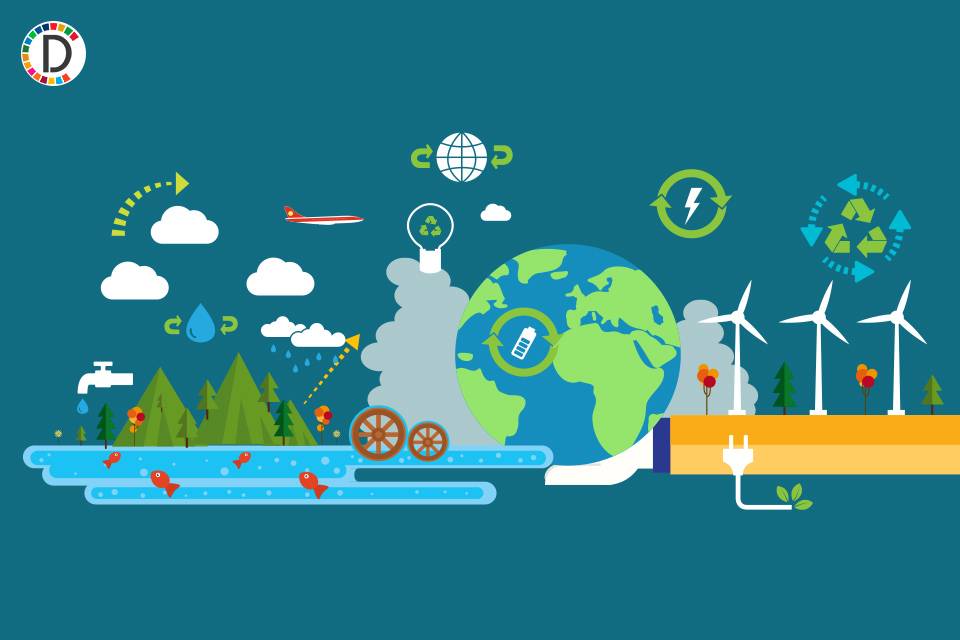Oil, chemical industry lobbyists flood UN talks on cutting plastic pollution
Nearly 200 fossil fuel and chemical industry lobbyists plan to join this week's United Nations negotiations on the first global treaty to curb plastic pollution — a 37% jump from the previous gathering in November, an analysis released on Thursday showed.

Nearly 200 fossil fuel and chemical industry lobbyists plan to join this week's United Nations negotiations on the first global treaty to curb plastic pollution — a 37% jump from the previous gathering in November, an analysis released on Thursday showed. The jump in registered industry representatives at the talks in Ottawa, Canada, comes as talks enter a crucial stage. There is just one round of negotiations left to hammer out a final text that all countries agree on by the end of the year.
The aim is to create a legally binding treaty that would cover the entire lifecycle of plastic, from production to disposal or reuse. But some fossil fuel and petrochemical industry groups, as well as countries that rely on those industries, are opposed to any U.N. treaty that would impose strict production caps or chemical or product phase-outs. While more than 4,000 people have registered to attend the talks, civil society groups said the heavy presence of representatives of industries that would be the target of new regulations could undermine the negotiation process.
"The presence of actors in the room who are responsible for generating this crisis creates power imbalances that obstruct progress," said Rachel Radvany, environmental health campaigner at the Center for International Environmental Law (CIEL), which conducted the analysis. Similar complaints were made about the heavy representation of fossil fuel industry lobbyists at last year's COP28 climate change talks.
CIEL, a nonprofit law group, used registration data provided by the U.N. Environment Programme, which is overseeing the talks. CIEL counted representatives of oil companies, chemical companies and their trade groups as lobbyists, as well as non-profits or think-tanks that receive significant support from those industries. The International Council of Chemical Associations, which is comprised of members of the plastics, petrochemical and chemical manufacturing industries, hit back at the CIEL analysis, saying NGOs would be there in greater numbers than industry representatives.
"While we are far outnumbered by the 2,202 total members of the NGO community, including 166 delegates from larger, international NGOs ... we value the emphasis on stakeholder participation to help achieve our shared goal of ending plastic pollution," the group said in a statement on Thursday. Registered fossil fuel and chemical industry lobbyists — which include representatives from companies such as ExxonMobil and Dow — outnumber the combined 180 diplomatic representatives of European Union delegations, the analysis found.
Such lobbyists also outnumber the 73 representatives brought by Pacific Small Island Developing States by more than two to one. Several lobbyists are attached to delegations from Malaysia, Thailand and Iran among others, which gives them "privileged access to Member State-only sessions, where sensitive discussions unfold behind closed doors," CIEL's global petrochemical campaign coordinator Delphine Levi Alvares said.
CHARM OFFENSIVE Groups representing more specialized parts of the plastics industry are also making their presence felt in Ottawa, hosting events and receptions on the sidelines of the negotiations.
The Vinyl Institute, which represents the PVC/vinyl industry, previously hosted a cocktail party at the November negotiations in Nairobi. The event was aimed at attracting key country delegations, including from the U.S. State Department, according to emails and recordings obtained by watchdog group Documented and reviewed by Reuters. "We decided going into INC-3 we wanted to be likable," Dom Decaria, technical director at the Vinyl Institute, said in a speech to an industry event in Austin on Dec. 6. "We wanted to have presence, but we also wanted to be the group that people from these member states are just comfortable having a cup of coffee with."
The Institute is again present at the Ottawa talks. Decaria told Reuters this week that it wants to be part of the negotiations to see where positions can converge.
"Our mission right now is to see how can we as industry bring common ground together with all stakeholders," he said.
(This story has not been edited by Devdiscourse staff and is auto-generated from a syndicated feed.)










